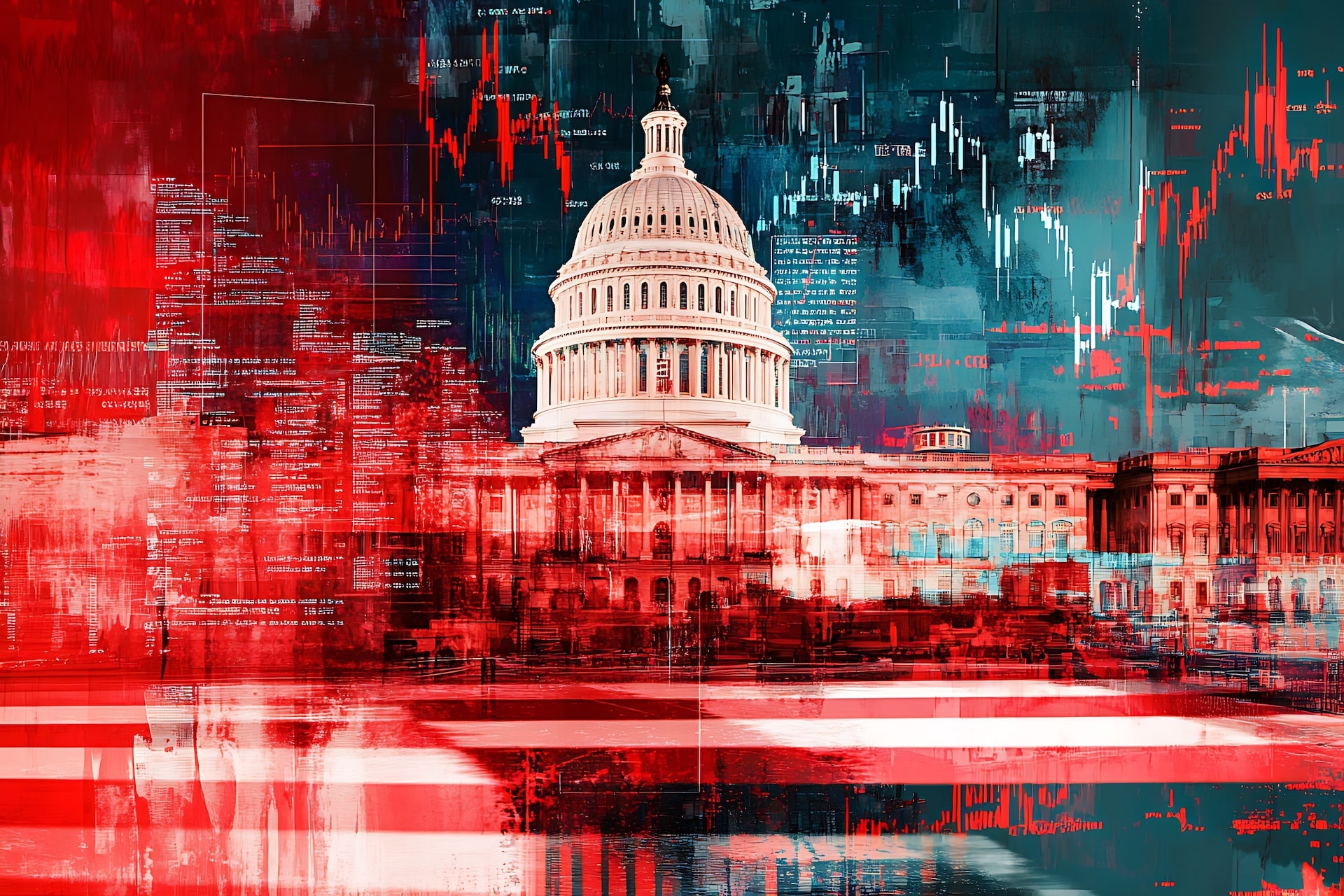Personal finance weekly news roundup April 9, 2022 brought to you by Credit Sesame. Stories, news, politics and events impacting the personal finance sector during the previous week.
- Late fees cost credit card customers $12 billion a year
- Most medical debt will be removed from credit reports
- U.S. economy strengthened in late 2021
- American households recovered fully after the pandemic
- Americans the most frequent victims of financial fraud
- Visa raises gas pump charge limit in response to rising prices
- States call for banks to drop overdraft fees
- Use of credit scores in setting insurance premiums to continue
- Credit card rewards now available on rent payments
- U.S. identity fraud skyrocketed in 2021
- Job growth after pandemic still strong, but slowing
Late Fees Cost Credit Card Customers $12 billion a Year
The Consumer Financial Protection Bureau (CFPB) released a study that found credit card late fees totaled $12 billion in 2020. First-time late fees averaged $26 per occurrence, and subsequent late fees averaged over $34. The burden of these fees falls especially hard on consumers with the lowest credit ratings. These accounts, known as “deep subprime” accounts represent just 6% of all credit card accounts, but paid 27% of all late fees. Full study at Consumer Financial Protection Bureau.
Most Medical Debt Will Be Removed from Credit Reports
The three major credit reporting bureaus – Equifax, Experian and TransUnion – have announced that as of July 1, medical debt that was once overdue but has since been paid will be removed from consumers’ credit history. This could boost the credit scores of many of the estimated 43 million Americans who have medical bills on their credit reports. Also, the grace period before unpaid medical debt is reflected on credit histories will be extended from six months to a full year. Finally, in the first half of 2023 unpaid medical debt of less than $500 will no longer be reflected on credit histories. Collectively, these changes could wipe some 70% of medical debt off of people’s credit histories. Full article at Health.com.
U.S. Economy Strengthened in Late 2021
The Bureau of Economic Analysis announced that the U.S. economy grew at a 6.9% annual rate during the fourth quarter of 2021, after adjusting for inflation. That’s a significant increase over the 2.3% rate of real annual growth in the third quarter. Full article at ABA Banking Journal.
American Household Finances Recovered Fully After the Pandemic
A new University of Michigan Study found that the average U.S. household reached an important milestone in 2021, ending the year in better financial condition than before the pandemic. The percentage of Americans with poor credit scores dropped to the lowest level in 16 years. Also, even after factoring in inflation low income households had more cash on hand at the end of 2021 than at the end of 2019. Full article at The University Record.
Americans the Most Frequent Victims of Financial Fraud
A new IBM study found that American citizens are the most frequent victims of debit card fraud, and also suffer high percentages of credit card, banking and digital payment fraud. Despite the ever-present risk of financial fraud, the study found that a quarter of Americans spend a combined total of less than one hour reviewing their account statements for fraudulent activity. Financial fraud especially plagues millennials, who the study found to be more frequent victims of financial fraud than any other generation. Full study at the IBM Newsroom.
Visa Raises Gas Pump Charge Limit in Response to Rising Prices
In a sign of the inflationary times, Visa has announced that it will be raising the limit for how much can be charged for a single visit to a gasoline pump. As fallout from the war in Ukraine has sent gas prices soaring, large SUVs and other vehicles with high gas tank capacities have been running up against the current $125 purchase limit. Effective next month, this limit will rise to $175. Full article at Autoblog.
States Call for Banks to Drop Overdraft Fees
A multi-state coalition of state attorneys general is calling on the banking industry to eliminate overdraft fees. These fees are often in the neighborhood of $35 per occurrence, and customers can be charged multiple overdraft fees in one day if they have more than one transaction while their account is overdrawn. Developing good habits to avoid these fees is a good idea. Critics of these fees point out that their burden falls most heavily on low-income households. In response to mounting pressure regarding these fees, some banks such as Citi Bank and Capital One have already eliminated them. Full article at NY Attorney General.
Use of Credit Scores in Setting Insurance Premiums to Continue
A judge in Washington State has delayed a ban by the state’s insurance regulator on using credit scores as a factor in determining insurance premiums. This is a recent example of a battle playing out in several states. Insurance companies justify the use of credit scores in setting premiums by citing data showing people with low credit scores are most likely to make claims against their policies. Critics say that this approach unfairly victimizes the poor. Meanwhile, consumers should be aware that in most states, their credit score may affect how much they pay for insurance. Full article at The Center Square.
Credit Card Rewards Now Available on Rent Payments
A new Wells Fargo MasterCard is opening a new frontier in rewards opportunities: points on rental payments. Wells Fargo is partnering with Bilt Rewards to allow renters to pay by credit card even if their landlords don’t directly accept credit card payments. The reward potential is significant because rents often make up a large portion of household budgets, but the size of these charges also make it especially important for users to pay off card balances in full each month to avoid interest charges. Full article on CBS News.
U.S. Identity Fraud Skyrocketed in 2021
A study by Javelin Strategy & Research found sharp increases in various forms of identity fraud in 2021. Overall, identity fraud affected 42 million U.S. adults, with losses totaling $52 billion. Among the forms of identity fraud up sharply last year: using consumer information to open fraudulent new accounts, up 109%; taking over existing customer accounts, up 90%; credit card fraud, up 69%; fraud on other types of accounts (e.g. checking, savings, insurance, utilities), up 73%. Full article on Javelin.
Job Growth After Pandemic Still Strong, but Slowing
The Bureau of Labor Statistics reported that the U.S. economy added 431,000 new jobs during March of 2022. That’s a strong number by historical standards, though lower than the average for the first quarter and the average for all of last year. This suggests the employment bounceback from huge pandemic losses is continuing at a slower pace. There are still 1.6 million fewer people employed than there were before the pandemic started. Summary on U.S. Bureau of Labor Statistics.




















